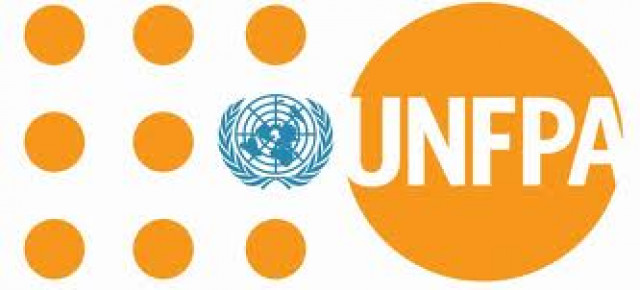An ageing world: ‘Senior Citizens Bill pending since 2007’
UN report says old people are the fastest growing age group.

Older people are the fastest growing age group worldwide, states a UN report launched on Friday.
The report, Ageing in the Twenty-first Century: A Celebration and a Challenge, was released on the International Day of Older Persons by the United Nations Population Fund (UNFPA) and HelpAge International.
Its Lahore launch was presided over by Prisons Minister Malik Iqbal Channar. Zakiya Shahnawaz, the adviser to the chief minster for population welfare, social welfare, special education and women’s development, was the chief guest.
The report says that the ‘ageing’ of society is both a cause of celebration and a great challenge. It says new approaches to health care, retirement, living arrangements and intergenerational relations will be needed. It says old people will exceed those under the age of 15 by 2050. It predicted the number of old people to surpass 1 billion in just 10 years.
It says two out of three people over the age of 60 live in developing and emerging economies. This will increase to four in five by 2050, it says.
It says that many developing countries, which had large populations of young people, were not creating policies to support older populations.
Speaking on the occasion, Prisons Minister Iqbal Channar promised that his department will play a role for rights of older people. “We will try to formulate policies and include the issue in our party’s manifesto,” he said. He promised to bring reforms to facilitate older people in prisons.
Zakiya Shahnawaz said she hoped the government will make arrangements for the rights of older people soon. She said, “Respect for the elderly was a practice cherished in the South Asian region…but this is no longer the case.”
She said. “This is a worrying trend…the UNFPA report predicts demographic change for which we need to be prepared.” She said media, civil society, politicians and government should play their role to create legislation and make policies for the rights of older people in Pakistan.
She appreciated the efforts being made by the HelpAge and the UNFPA.
UNFPA representative Rabbi Royan said most countries in South Asia, including PAksitan, were not prepared for the challenge of ageing. He said the speed of demographic change can catch us off guard and policies were needed that anticipate the change.
Ajeeba Aslam, the country director of HelpAge International Pakistan, said that the ageing population required urgent, strategic actions at national, regional and global level.
She said, “We need to start investing in the older population…we can offer them employment and business opportunities and improve pensions…their role as caregivers to children can also be supported.” She said access to quality healthcare needed to be improved for the elderly as well as an increase in investment to prevent and treat non-communicable diseases.
Other speakers at the launch included Muhammad Tehseen from South Asia Partnership (SAP) Pakistan and Waqas Qureshi from HelpAge International .
The report says many countries have adopted laws and policies for the elderly.
It cited the non-contributory social pensions instituted in over 100 countries in the last decade to be a positive step. It says 47 per cent of older men and nearly 24 per cent of older women participate in the labour force. It says many older persons face continued discrimination, abuse and violence.
The report calls for governments, civil society and the general public to work together to end these destructive practices and to invest in older people.
The report also includes the stories of 1,300 older men and women who participated in the group discussions in 36 countries around the world.
Published in The Express Tribune, October 13th, 2012.



















COMMENTS
Comments are moderated and generally will be posted if they are on-topic and not abusive.
For more information, please see our Comments FAQ